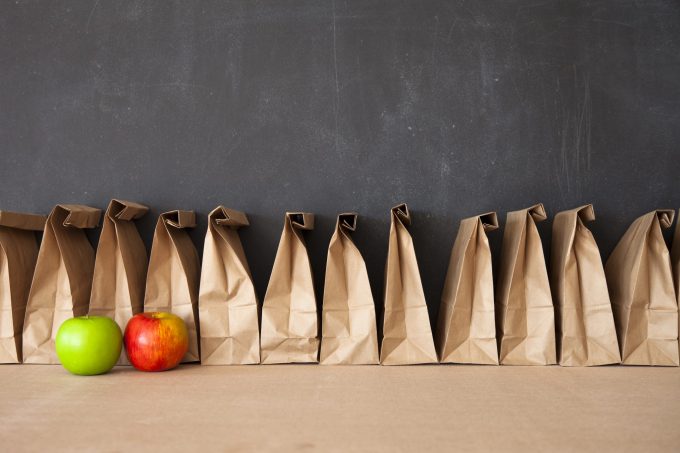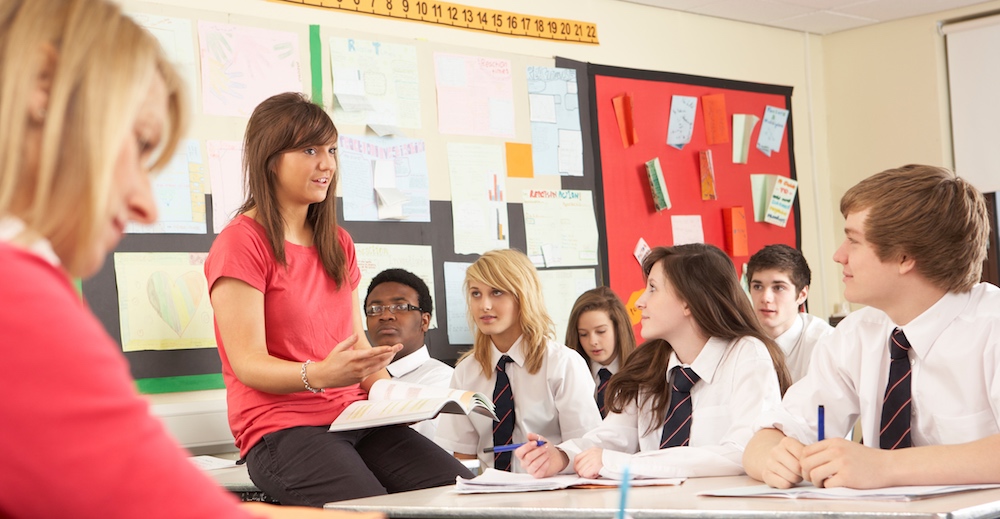Rubbish Responsibility
How responsible is your school when it comes to waste and recycling?
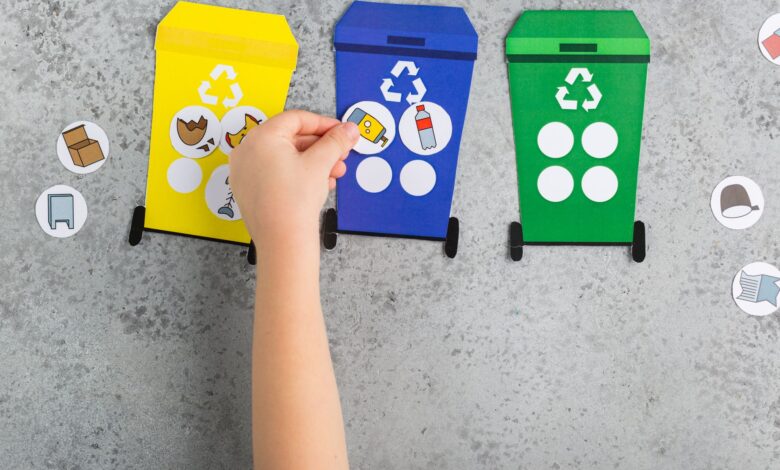
Boards have a responsibility to ensure schools eliminate their waste with as little negative impact on the environment as possible.
Separating waste is the first practical step in managing your school’s rubbish. This is obviously made much easier if the varieties of waste are separated from the moment of disposal. Having a colourful collection of clearly labelled bins is a must, with rubbish receptacles for glass, paper, plastic, cans and organic waste or food waste provided to cater for the size of your school.
Placing these in strategic locations of high food use and at main entrances will provide a strong start in making life easier for all involved in your school’s reduce-reuse-recycle mission.
Food waste is a relative newcomer to the green table, compared with cans and paper, and can offer many learning opportunities in theory and practice, especially for younger students.
Installing a worm farm is a fun path embraced by many schools for multiple learning, with the practical benefits of being able to dispose of food waste as well as feed your school’s garden with homegrown nutrients after the worms have done their thing. You can also save on the costs of fertilisers and remove chemicals from your gardens as a result.
Or, increasingly popular in the mission to minimise waste are other creatures – hens. You could consider introducing a flock to your school to feed on the organic waste and pay you back with fresh eggs!
The compost bin market has ballooned in recent years and there are options for sizes, shapes, colours, and materials to match your space. Running sessions on how to use them could not only prove popular with pupils but with parents too.
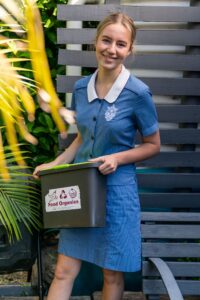
Schools can also approach specialist providers for educational resources and marketing materials to promote recycling awareness around your school. For example, posters to remind students which bin is for which materials can go a long way towards streamlining your school’s waste management.
How to carry out a waste audit is also something your local council can likely advise on, or there are many organisations out there offering to lead the way, for ease and expertise at your fingertips.
One key target area for schools is waste reduction. Many schools now encourage students to bring less packaging into school, with an onus on reducing the amount of non-recyclable wrapping that makes it through the gates. Reward schemes can be effective in keeping real rubbish out.
Written reports on school waste audit findings and subsequent action plans can be shared with the school community to encourage buy-in and maximise impact at minimising waste. Time your initiative to maximise community impact: National Recycling Week launched in 1996 and takes place November 7-11, 2022.
Initiative Guidance For Schools From Recycling Scheme Pros
Felton National Sales Manager Gus White recommended colourful bin enclosures and effective branding for schools looking to improve waste management.
“Having bin enclosures in different colours or with different coloured decals aids the success of recycling schemes and offers a simple yet effective way to improve waste collection in schools.
“Using colours to highlight where items go is beneficial as kids quickly learn to associate colours with rubbish and recycling options, helping them to place recycling or rubbish in the correct bin enclosures.
“The common colour for waste is red, yellow for cans and bottle recycling, green for organic matter, and blue for paper and cardboard.
“Various bin technologies can also assist with keeping rubbish and recycling in the bin! This includes opting for fully enclosed bin enclosures to ensure vermin cannot access the contents of the bin.
“Choosing bin enclosures with a chute design that directs waste into the bin so it does not end up becoming litter. For high-usage congested areas, choose bin enclosures with dual access so students can add waste and recycling easily into the bin from both sides of the bin.
“Ensuring bin enclosures are designed with good ventilation helps eliminate odours. Composting food waste is another way schools can reduce emissions from food waste as it prevents methane being created when organic matter is broken down.
“Compost can also enrich soil on school grounds, so bin enclosures designated for food waste in suitable locations around the school is a great solution to consider.”
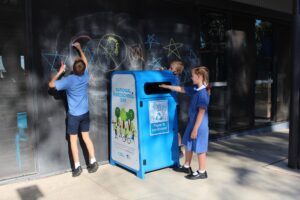
Planet Ark Environmental Foundation’s Senior Recycling Campaigns Manager Alejandra Laclette informed us that different schools have different barrier to improving waste management.
“For example, remote schools may not have access to recycling bins, whereas a school in the city could have general waste, comingled recycling, paper. and organics bins. If you only have a general waste bin, it might be worth setting up an on-site composting system. Organic waste has a huge impact on climate change and the more we can divert form landfill the better. This can be part of a term-long course or project where kids can get involved in the whole process.
“At the end they can even take some of the compost home for their garden or plant pots. If food waste was a country, it would be the third largest emitter of greenhouse gases right after China and the USA. So, it’s a good one to focus on.
“It is important to put the right thing in the right bin. For recycling, a good way to think about this is that the recycling bin is only meant for packaging and paper items.
“So, things like stationary, toys, food, and soft plastics should never go in there as they can contaminate your other recyclables. But just because you cannot recycle it in the ‘normal’ recycling bin, doesn’t mean it cannot be recycled.
“There are many free programs with separate collection or drop off locations for printer cartridges, soft plastics, and e-waste. You can download guides online.”






